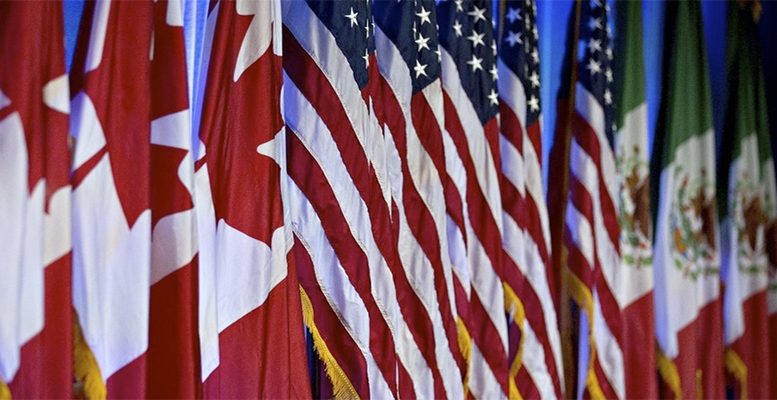Peter Navarro, Wilbur Ross and Robert Lightizer: these are the three new horsemen of the Apocalypse. At least for the majority of US businessmen and investors. They appear to have constituted the core of Donald Trump’s team of economic advisors. And this to the detriment of the “globalists,” headed by Gary Cohn, ex-number two at Goldman Sachs. He left the White House at the beginning of March after suffering a political defeat with Trump’s decision to impose tariffs on imports of steel and aluminium.
Navarro, Ross and Lightizer are the equivalent in economy to what Trump’s former elections strategist Steven Bannon (to whom the President doesn’t even talk now), his advisor Steven Miller, and his ‘number one’ in the Justice Department, Jeff Sessions, are in politics: ultranationalists nostalgic for a time which in reality never existed. All of them also think in absolute terms: one person’s gain is another person’s loss. A zero-sum game guides economy and politics. In pratice, this turns into an unwavering ideological fervour.
Room for maneouvre
Now the big question is how far these three Trump advisors will be able to go in terms of putting their programme into practice. The president has demonstrated a more than significant consistency in fulfilling that part of his programme focusing on international trade (not so with what he promised in the area of expanding health cover or raising taxes on Wall Street). And this programme included leaving the Trans-pacific Partnership Agreement and renegotiating the Free Trade Agreement with Mexico and Canada, in force since 1994. These negotiations are in their final round without the parties involved having made any progress. And there are lot of people who fear that Lightizer, who is leading them, will recommend that the US makes an exit. This would have catastrophic consequences for the three countries – although Mexico would probably be the worst hit, followed by Canada. This is because the chain of supply between the three countries has become so integrated in these last 24 years that many products cross the border at various times during their manufacturing process.
But Lightizer could become the voice of moderation if that crisis erupts. At the end of the day, Trump’s trade representative was the US negotiator with Japan in the 1980s in the dispute over the automobile trade which both countries had.
All these possibilities have something in common with Donald Trump’s activity as a politician and a businessman: they are not part of a coherent strategy. The US president has insisted that the main target of his criticisms with regard to trade is China, due to this country’s systematic violation of US companies’ (and global firms) intellectual property rights. But with these measures, he threatens to destroy the support from his trade partners.
China is ultimately responsible for the excess of capacity in the steel industry, but its exports to the US do not even account for 11% – although the figures vary in that respect – of the purchases of that alloy by this country. By imposing extra tariffs, Trump is punishing his allies who would also be very useful for putting pressure on Peking – within the World Trade Organisation or outside it – as far as intellectual property goes, like the EU and South Korea. With complicated elections for his party in November and with these advisors, it’s not inconceivable that Washington will move more and more towards protectionism and unilateralism, in a fight where the US will lose out. Although its economy is a large one, it’s only 19% of global GDP and, therefore, is in no condition to take the lead in world trade. And even less so with people like Lightnizer, Navarro and Ross calling the shots.





